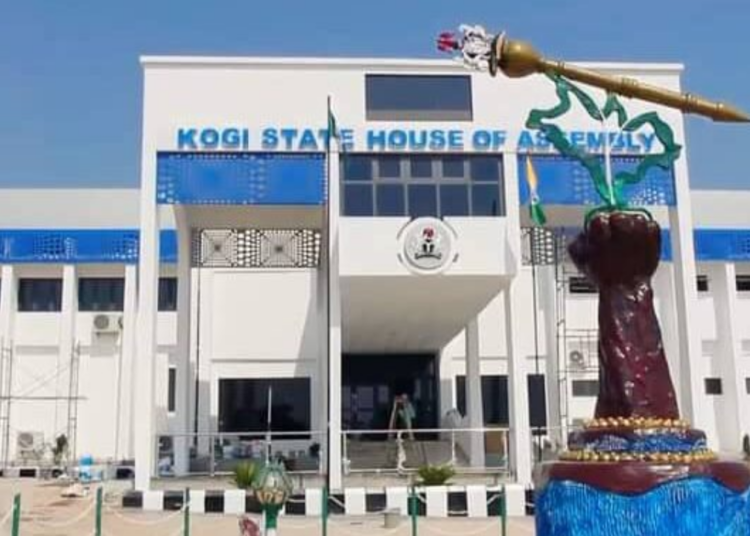A group, Initiative for Grassroot Advancement (INGRA) in Nigeria has called on the Kogi State House of Assembly standing committee on appropriation, economic planning and budget monitoring to look at ways of putting in place mechanisms for restructuring the 2024 proposed budget to provide maximum benefits for the people.
Last Monday, Governor Yahaya Bello presented the N258.278 billion 2024 budget to the House for approval.
The budget has recurrent expenditure of N145.736 billion representing 56.43 percent and a capital expenditure of N112.542 billion representing 43.57 percent.
In a memorandum submitted to the lawmakers yesterday by the executive director of INGRA, Hamza Aliyu, the group said the recurrent to capital ratio of 56:44 is not suitable for development as it means that the government intends to spend more on personnel and overheads than on capital projects which will benefit the majority of the people of the state.
While noting that there is need to reverse this trend, Aliyu maintained that the borrowing plans of the state government is worrying taking into consideration the increase in the revenue as shown in the budget outlay.
„More worrying is that more than 100 percent of the recurrent revenue for 2023, was used for Recurrent Expenditure leaving a deficit of more than N13 billion. There is the urgent need to tame this recurring trend in our public sector finance management taking into consideration that over N17 billion was paid out as debt in 2023 (as at September) and N15 billion is estimated for debt payment in 2024.
„The budget does not make plans for savings. It would have looked good if there was a fund kept aside for emergencies such as economic recession, taking into consideration that the majority of our income is tied around a single product which is currently witnessing volatility in the market with the Israeli-Palestinian war going on.
„No provision is made for the reticulation of the Greater Lokoja Water Scheme. The scheme which is expected to generate 10 million gallons of water per day and end the city‘s perennial water crisis has been epileptic at best due to poor resource allocation and human capacity,” he said.
We’ve got the edge. Get real-time reports, breaking scoops, and exclusive angles delivered straight to your phone. Don’t settle for stale news. Join LEADERSHIP NEWS on WhatsApp for 24/7 updates →
Join Our WhatsApp Channel










